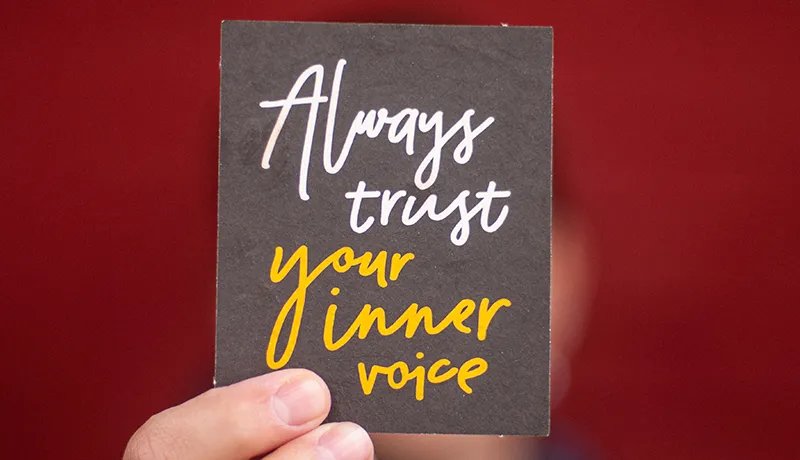5 minutes - Article
Learn to advocate for yourself.
As you transition to adulthood, there are going to be many situations when you may need to speak up for yourself. Even though it may not be easy, using your voice is a skill that can be practiced. Whether it’s in a meeting with your landlord, teacher, or boss, you can use your voice in a good way.
Patti LaBoucane-Benson is a Métis woman from St. Paul, Alberta. She is also currently a member of the Canadian Senate. Patti used to work for Native Counselling Services of Alberta (NCSA) and spent many years working with and fighting for Indigenous youth.
Advocate for Yourself
“Learning to advocate for yourself is so critical,” says Senator LaBoucane-Benson, “You’re an adult now and you have to advocate for yourself in a good way. Nobody else is going to do it for you. You need to do it yourself.”
Using your voice can help you to resolve conflicts or make decisions. Instead of giving up or keeping quiet, it’s ok to stand up for yourself, discuss the situation or explain why something may have happened.

Senator Patti-LaBoucane-Benson (right) welcomed into the Senate of Canada
If there’s something wrong with your phone bill, you have to learn how to talk to the service provider. If you are on your healing journey and want to smudge, how do you talk to a non-Indigenous landlord about the use of smudge in a non-smoking apartment?
Good communication means choosing our words carefully. Think before you speak. Speak clearly and loud enough to be heard, and don’t talk too fast. The tone of your voice also says a lot about how you feel and what you’re saying, so make sure it matches the message you’re trying to get across.
Stay Cool!
“Keep your cool,” says Patti. “Even when you’re stressed, scared, or feeling a bit defeated. You can navigate this, and a lot of that comes down to using our voice in a good way.”
In order to have good communication, consider who you’re speaking to, because it may change what you want to say and how you say it. How you talk to your friend is very different from how you might talk to your landlord or a police officer.
It Goes Both Ways
An important part of speaking up is listening. Pay attention. Make eye contact and show interest in what is being said. Remember not to interrupt people or cut them off. If you have an idea or a response, wait until they are finished before saying it. Patti says that by being a good listener, you are creating an environment to be heard yourself.
“Communication isn’t always easy, but you can always get better with practice. If you deal with people with respect, a little bit of humility, and kindness, then you can expect that back.”
